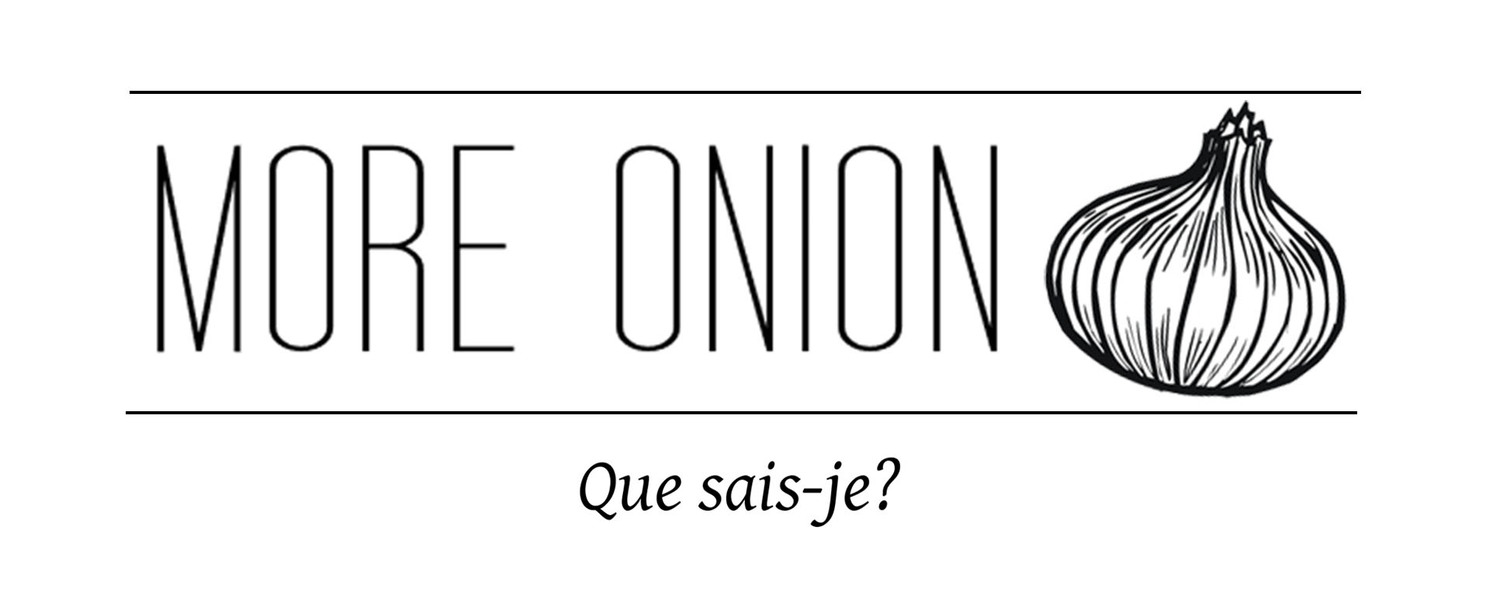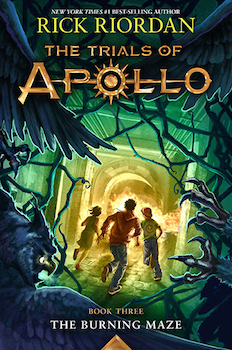Books of November 2018
"Why Are All The Black Kids Sitting Together in the Cafeteria?" and Other Conversations About Race - Beverly Daniel Tatum
If you are interested in how racial identity is developed (mostly in America) then read “Why Are All the Black Kids Sitting Together in the Cafeteria?” and Other Conversations About Race (henceforth abbreviated as WAABK).
WAABK focuses on the development of racial identity, especially during adolescence, and details the biases and prejudices that we unconsciously develop and perpetuate. First written 20 years or so ago (although now rewritten with new chapters), the book remains relevant because
in the chapters that follow, readers will find tools that help them better understand themselves and other people and how we are all shaped by the inescapable racial milieu that still surrounds us and that, in some ways, has grown more opaque and seemingly more impenetrable. Twenty years after I first wrote these chapters, how we see ourselves and each other is still being shaped by racial categories and the stereotypes attached to them. The patterns of behavior I described then still ring true because our social context still reinforces racial hierarchies, and still limits our opportunities for genuinely mutual, equitable, and affirming relationships in neighborhoods, in classrooms, or in the workplace.
This book is so important because whether we like it or not, and whether we are aware of it or not, race affects us in hugely important ways, and developing a better understanding of how we understand ourselves and our racial identity is crucial in getting to know ourselves better. Most of the book is centered on the black experience in America, but there is also a chapter dedicated to Latinx, a chapter dedicated to Asians, and a chapter dedicated to white people (which was actually really interesting, because I never really think about how white people come to terms with racism on the other side of the table). WAABK helped me understand how pervasive and passive racism is, and how important it is to confront who we are racially in a healthy and constructive way.
It is a bit different from the other books I’ve read on similar topics before, because it’s less about history or politics and more grounded in figuring out how to deal with it today. I think the most useful / important lesson from the book is that learning about racism and prejudice can be painful (no matter where you come from), but it is very important to understanding who you are. It also helps show how stupid claiming to be color blind is…
Some quotes I liked:
On the systemic damage of prejudice:
Racial prejudice combined with social power—access to social, cultural, and economic resources and decision-making—leads to the institutionalization of racist policies and practices.On the importance of representation:
The truth is that the dominants do not really know what the experience of the subordinates is. In contrast, the subordinates are very well informed about the dominants. Even when firsthand experience is limited by social segregation, the number and variety of images of the dominant group available through television, magazines, books, and newspapers provide subordinates with plenty of information about the dominants. The dominant worldview has saturated the culture for all to learn.On why talking about racial identity is important from an early age:
Why do Black youths, in particular, think about themselves in terms of race? Because that is how the rest of the world thinks of them.On camaraderie:
As one’s awareness of the daily challenges of living in a racist society increases, it is immensely beneficial to be able to share one’s experiences with others who have lived them. Even when White friends are willing and able to listen and bear witness to one’s struggles, they cannot really share the experience.On fairness in America:
In other words, most Americans have internalized the espoused cultural values of fairness and justice for all at the same time that they have been breathing the smog of racial biases and stereotypes pervading popular culture.
The Heroes of Olympus - Rick Riordan
I got kind of tired of my normal reading so I wanted to take a break and read something more chill that I would enjoy (I was also traveling). Rick Riordan is always good; I’m not sure how he keeps popping the fuck off like this but I deeply respect it. He took what he did well with the original Percy Jackson series and did it like 7 times over with way more characters, and somehow made each of them (and more!!!) just as interesting as he makes Percy. Like c’mon how do you even do that so consistently, year after year?!
Also Nico and Frank are the best characters for sure, let me know if you disagree so I can fight you.
Dopesick: Dealers, Doctors, and the Drug Companies that Addicted America - Beth Macy
if you are interested in the opioid epidemic in america then read Dopesick.
In Dopesick Macy paints a grim picture of how the opioid epidemic spread across America. Starting in the Appalachian mountains, the story begins with Oxycontin, a narcotic & painkiller that was heavily marketed to doctors by drug companies. Incentivized to prescribe Oxycontin to their patients, and either unaware or willfully ignorant of the addictiveness, doctors excessively prescribed the drug to their patients, causing these massive drug addictions. The freely available and powerfully addictive drug combined with structural problems of poverty and unemployment created the opioid crisis we have today.
Intertwined with the macro story of the opioid epidemic are stories of people Macy met while researching the book, ranging from drug dealers to struggling opioid users to doctors fighting the epidemic. I appreciated those chapters because especially with drug addicts it is common & easy to demonize them as morally fallible and guilty of their own condition, but these chapters really help humanize the people and families suffering from this epidemic.
I definitely didn’t have a good grasp of how serious the epidemic was, and this is another good example of how much damage unbridled capitalism and greed can cause. It was frustrating to think of the current narrative on drugs, because “drugs are bad” is so reductive and unhelpful to actually fix the problem. There are many underlying structural causes that lead people to use or to deal drugs, and it is disingenuous and actively harmful to sweep it all under the rug of bad people. I was particularly frustrated when she was discussing medically assisted therapy (MAT) as an alternative to traditional abstinence based 12 step programs, because the research shows that MATs are more effective, and recovery from narcotic addictions are very unlikely by sheer force of will. In order to really address the epidemic, we have to reduce the stigma of drug abuse and treat it as a real legitimate problem and its victims deserve compassion.
Unaccustomed Earth - Jhumpa Lahiri
if you are interested in short stories about family and diaspora and clashing cultural values then read Unaccustomed Earth.
Unaccustomed Earth is a collection of short stories, all about Bengali Americans adjusting to their multi culture environment in America. Most of them focus on family and gender roles, but what’s a bit different about them is they are mostly told from the perspective of the children of immigrants rather than the experience of being a first generation American. I liked the stories, and especially the writing style, because the stories flow very smoothly and the tension is built up really well over the course of the story. All of them feel kind of similar though? with similar characters and backgrounds. I was wowed by the first story, but at the end I felt like the repetitiveness got a little boring. I also was not a fan of the endings. Most of the stories just end really abruptly, almost as if she just got tired of writing, and I really didn’t like that, especially in short stories because a huge part of my enjoyment of them comes from the ending.
Some quotes that I like (and there are many):
On estranged father-daughter relationships:
All his life he’d felt condemned by her, on his wife’s behalf. She and Ruma were allies. And he had endured his daughter’s resentment, never telling Ruma his side of things, never saying that his wife had been overly demanding, unwilling to appreciate the life he’d worked hard to provide.On second generation children:
My mother and I had also made peace; she had accepted the fact that I was not only her daughter but a child of America as well.Some nice sounding words:
the place was without character, renovated in pastel colors, squiggly gray lines a part of the wallpaper’s design, as if someone had repeatedly been testing the ink in a pen and ultimately had nothing to say.On youthful devotion:
And after all these years, Amit felt both quietly elated and solicitous, as contact from Pam and the Bordens had always made him feel, causing him to set aside whatever it was that he was doing and pay them his full attention.On depression as an immigrant:
What could there possibly be to be unhappy about? her parents would have thought. “Depression” was a foreign word to them, an American thing. In their opinion their children were immune from the hardships and injustices they had left behind in India, as if the inoculations the pediatrician had given Sudha and Rahul when they were babies guaranteed them an existence free of suffering.
Betraying Big Brother: The Feminist Awakening in China - Leta Hong Fincher
If you are interested in the feminist movement in China then read Betraying Big Brother, but honestly if you’re interested in feminism or in China it’s also really worth a read!!!
Betraying Big Brother is mostly focused on the story of the Feminist Five, but also discusses the feminist movement as a whole in China. The Feminist Five are five women’s rights activists that were arrested on International Women’s Day in March 2015 for planning a demonstration against sexual harassment on public transportation. Arrested under one of China’s vague legislations against “provoking trouble,” the women were imprisoned for a month until international & domestic outrage and pressure led China to release the five activists.
I really liked reading about the Feminist Five because they are inspiring and brave, but it was also really interesting to think about feminism in Asia because I think it is an oft neglected topic, and just the very basic, non inflammatory things are huge battlegrounds. Stuff that seems like it should be obvious and no brainers are still big problems, like not getting sexually harassed in public or more restrooms for women, and even fixing the surface level symptoms are difficult. But while the struggle is long and there’s a lot more to fight for, it’s also encouraging to think of the power that the feminist movement in China holds, and the “passionate intensity, unwavering commitment, and resilience of feminist activists in China.”
Some quotes that I like:
On what’s at stake:
Betraying Big Brother is about the conflict between the Chinese government’s unprecedented crackdown on young feminist activists and the emergence of a broader feminist awakening that is beginning to transform women in cities across China. The outcome of this conflict between the patriarchal, authoritarian state and ordinary women who are increasingly fed up with the sexism in their daily lives could have far-reaching consequences for China—the world’s second largest economy—and the rest of the world.On the origins and concerns of the feminist movement in China:
“The feminist movement is about women’s everyday concerns and building a community, rather than just having one or two famous individuals who can enlighten everybody else,” says Lü Pin, founding editor of Feminist Voices. “Chinese women feel very unequal every day of their lives, and the government cannot make women oblivious to the deep injustice they feel.”On solidarity:
Wang listened to Wei’s singing voice and was overcome with gratitude, knowing that her activist sister was just on the other side of the wall.On progress, and being a good ally:
Feminist activists today no longer have to take the lead in calling out misogyny in the Chinese state media, because over the past several years, ordinary women—and men—have become emboldened to criticize sexism and sexual violence on their own.On the potential of intersectionality:
The ability of Chinese feminist activists to connect the grievances of different marginalized groups—potentially combining them to create a mighty, intersectional force of opposition—is another reason that the Communist Party sees feminism as a threat.












































